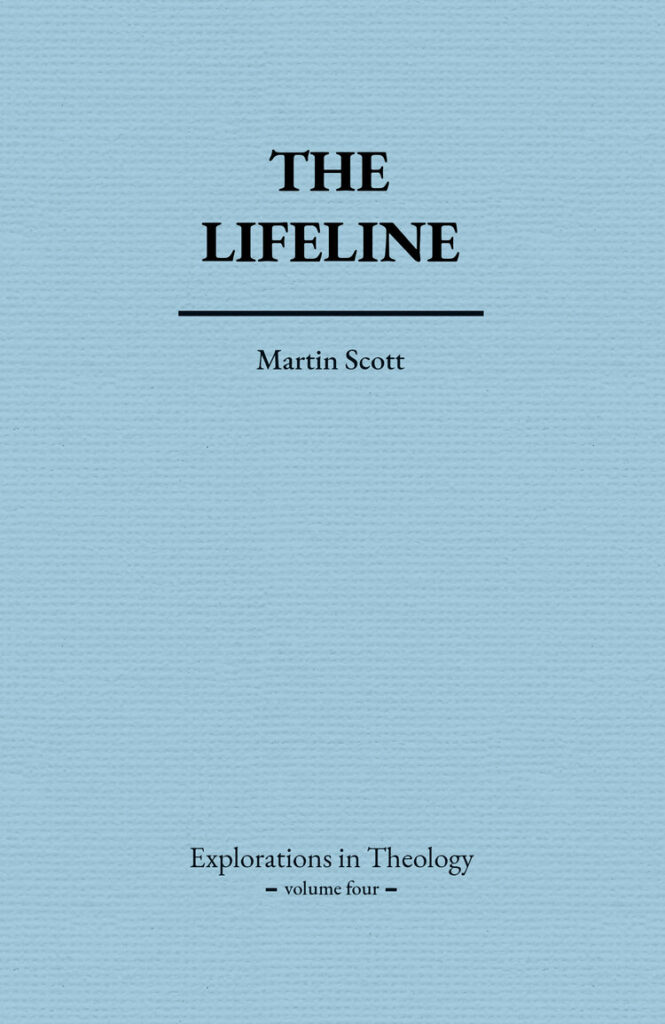I am working my way through some former material on this site and realise that the podcasts on ‘eschatology’ I recorded some 14 years ago. I would still stand by what is in there but would modify some aspects and express other aspects differently. [A revision of those is a forthcoming project… now what date is indicated by the word ‘forthcoming’?]
In thinking about where I would take any revision I am re-visiting the passage in 2 Peter 3: 10-13:
But the day of the Lord will come like a thief, and then the heavens will pass away with a loud noise, and the elements will be destroyed with fire, and the earth and everything that is done on it will be disclosed.
Since all these things are to be destroyed in this way, what sort of persons ought you to be in leading lives of holiness and godliness, waiting for and hastening the coming of the day of God, because of which the heavens will be set ablaze and destroyed and the elements will melt with fire? But, in accordance with his promise, we wait for new heavens and a new earth, where righteousness is at home.
The one passage in the NT that might be able to be read as the destruction of creation. There is much to comment on here, and most of that will wait the appointed time in a fresh podcast! However, here are a couple of comments:
The flood ‘destroyed’ the kosmos (3:6). That destruction was not what we would term a destruction, but is an appropriate ‘apocalyptic’ word to describe what happened. It destroyed the world as it was known and as it behaved. The language is over-stated (like our statement ‘you frightened the life out of me’ does not mean ‘please now bury this corpse’) but although literally overstating the situation, it is using language to inject meaning into the phrase.
In other words ‘destroy’ (apolluō) does not mean ‘destroy’ but is descriptive of a before and an after. Pre-flood the theology is of Adam and those who follow; post-flood Noah and those who follow. Hence the reference to ‘the world that then existed’ when Peter writes about the world pre-flood.
The current creation (3:7) is being kept for a different order of ‘destruction’ – one by fire. The ‘fire’ element is common to descriptions of the future; fire to purify with the imagery based in the work of the iron foundry where metal is purified through fire, all the ‘dross’ being removed, ‘burned up’ and what remains being pure.
The flood waters destroyed one order of creation… but only to a level and only temporarily. There is a different order to come. Paul uses the same imagery:
Now if anyone builds on the foundation with gold, silver, precious stones, wood, hay, straw— the work of each builder will become visible, for the day will disclose it, because it will be revealed with fire, and the fire will test what sort of work each has done. If the work that someone has built on the foundation survives, the builder will receive a wage. If the work is burned up, the builder will suffer loss; the builder will be saved, but only as through fire (1 Cor. 3:12-15).
Testing of fire awaits one and all. Material that is appropriate for temple building (Paul’s context in those early chapters of 1 Corinthians) will survive the fire [‘temple building’ is another future podcast… as and when]. That material is related to the ‘work’ that has been done (2 categories of ‘work’: one that burns in the fire and does not come through the fire, and one that survives the fire).
Return to 2 Peter…
and the earth and everything that is done on it will be disclosed.
Old translations have ‘burnt up’ for that final word ‘disclosed’. The NIV (1970s) was the first version to move away from ‘burnt up’. ALL older manuscripts have the word (literally) ‘found’ as that final word. Only later manuscripts carry the alternative reading (‘burnt up’) – it is certainly wrong, and has (almost) clearly been changed because of a world-view. That world-view being one of earthly existence ceasing and we ‘all float off to the sweet by an by’ (a wonderful fulfilment of Greek hope and a total anathema to Hebraic hope!). Anyway, my point is that the final word is ‘found’ (same verb that we and the ancient Greeks used to shout out ‘I have found / discovered it’: Eureka!).
Further the text translated as ‘everything done on it’ (NRSVue) is literally… OK let me go back a little:
The heavens passing away, the ‘stoicheia’ will be burned up, with a loosing result that the earth and the works will be found!
A complicated verse to translate, but it seems to me that Peter is communicating a major shift of order (‘stoicheia’ is used to refer to principles that bring order / oppression and often seem to refer to heavenly powers – see my notes on Galatians); then the final part of the verse having the verb ‘to loose’ perhaps being connected to the last part of the sentence or to the whole shift of order… but whatever part it connects to, something is loosed.
And as far as the earth is concerned. It is found and the ‘works‘ (literally: ‘and the earth and the works within it’). Now we can see the link to Paul – the works will be ‘revealed’ by fire.
The earth – burnt up? No way. It will be found – the real earth, not the one we have polluted and oppressed. (Another podcast? The comparison of humanity to Pharaoh; Pharaoh oppressed Israel; humanity oppressed creation; Israel cried out groaning; the earth groans for release / redemption…)
So, the one passage, the ONE passage, that could be construed to be a burning up of creation does not stack up. It only indicates a burning up if we first come at it with a belief that that is the future (a Greek world-view); that we do not allow the word ‘found’ to be the correct word in the manuscripts of the text; and if we disconnect ‘fire’ both from the ‘water’ reference within the same text and the wider use of ‘fire’ in the New Testament of the future; and that we twist apocalyptic language / imagery to be literal.
And if in doubt Peter goes on to say
But, in accordance with his promise, we wait for new heavens and a new earth, where righteousness is at home.
A new creation (using the adjective ‘kainos’, not the adjective ‘neos’: kainos being ‘renewed’, ‘neos’ being ‘something that was not there before’).
That is the one hope that is consistent in Scripture. A ‘I saw a new heaven and a new earth’ hope, of which all statements that ‘I have a dream’ points to. ‘Let your kingdom come’.


